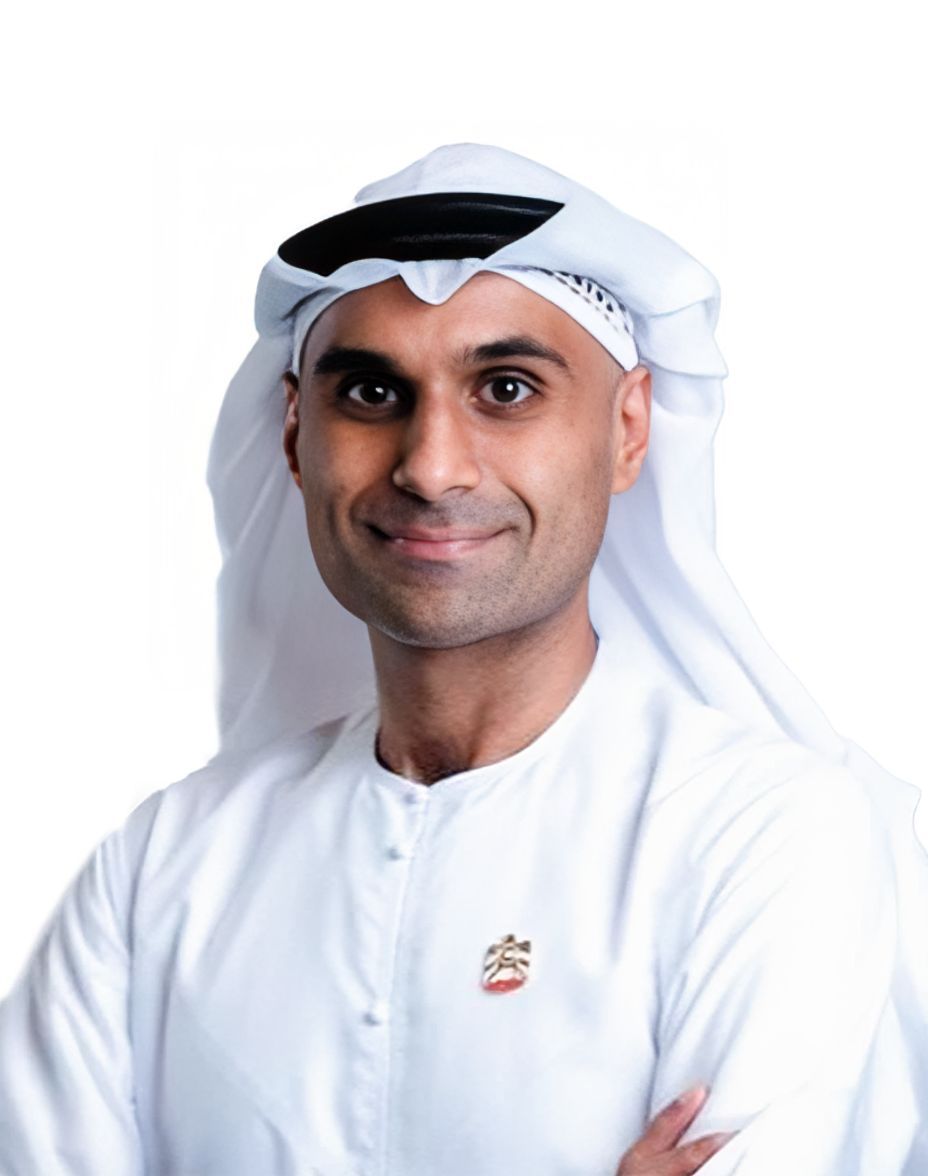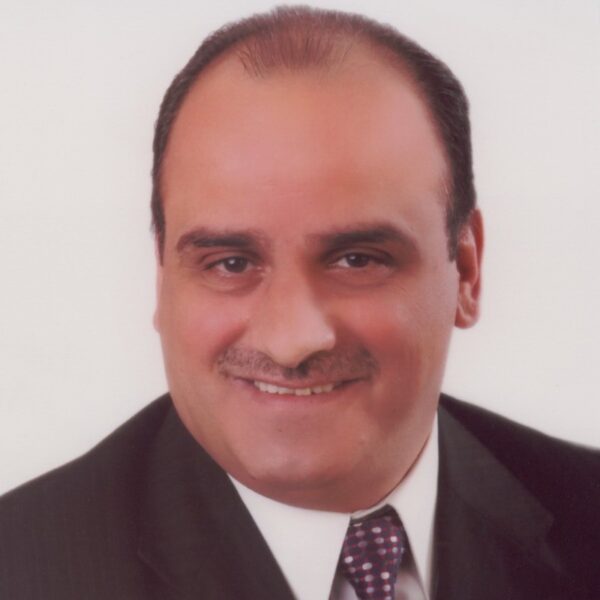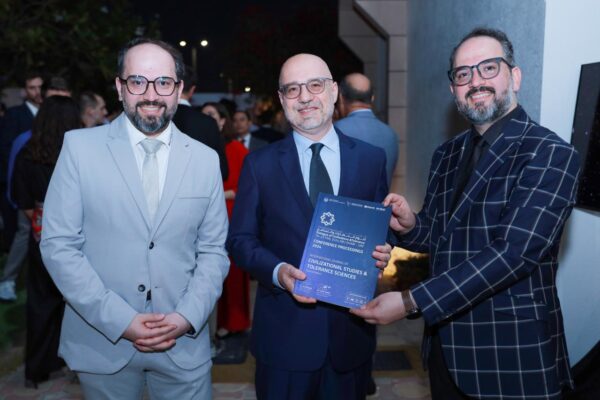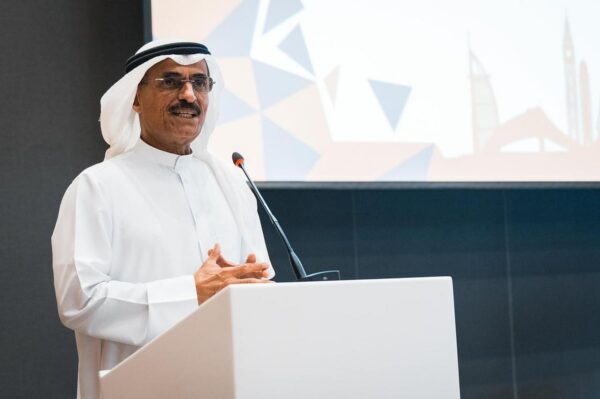The Third Sector and Its Role in Advancing Scientific Research

Following World War II, the world witnessed a profound transformation in how nations viewed scientific research. Governments began to realize that comprehensive development could only be achieved on a foundation of knowledge. During that period, Professor Vannevar Bush coined the term “Research and Development (R&D)”, expressing the intrinsic link between scientific knowledge and practical application. Since then, research has become a cornerstone of nation-building and modernization.
While it is common to think of scientific research as operating within the triangle of industry, academia, and government, the reality is far broader. Research cannot be confined to this limited framework, as there exists a fourth, equally vital partner — the third sector, encompassing associations, cooperatives, and non-profit institutions that play a crucial role in supporting both scientific and social development.
In the 1980s, the concept of Public–Private Partnerships (PPP) flourished, paving the way for the third sector to emerge as an active bridge connecting universities with industrial and governmental entities. Over time, the third sector evolved into a primary driver of research funding, promoting, and disseminating scientific outputs through sponsorships or the establishment of specialized research institutions.
But perhaps the most important question remains: Why do we research?
One of the most meaningful answers is that scientific research exists to improve quality of life and to harmonize the components of society toward tangible, positive impact. Here lies the true value of the third sector, transforming scientific efforts into beneficial projects and sustainable initiatives that serve humanity above all else.
In the United Arab Emirates, this role has been particularly evident. Community-based organizations and research centers have helped bridge key research gaps, most notably through the establishment of the Emirates Scholar Center for Research and Studies, which supports scientists and researchers and publishes peer-reviewed journals indexed in global databases such as Scopus. Among these accomplishments, the Emirati Journal of Civil Engineering and Applications, which I am honored to lead, stands as one of the earliest initiatives in its field.
These organizations have also successfully organized national and international conferences in partnership with leading academic institutions such as the American University of Sharjah, as well as social and humanitarian events including the World Tolerance Congress and Autism Conferences, reflecting the interaction between scientific research and societal issues.
Crowning these efforts, in 2024, the UAE Ministry of Community Development issued Resolution No. 165, officially establishing the Researchers Association the first of its kind in the country dedicated to supporting researchers across disciplines. The Emirates Scholar Center was among the first institutions to align and collaborate with various sectors to strengthen the national research ecosystem.
Today, the Emirates Scholar Center for Research and Studies stands as the leading and most active third-sector platform in supporting scientific research in the UAE. Despite its relatively recent founding, it has proven its ability to bridge academic excellence with societal impact — guided by one overarching mission:
To ensure that scientific research remains in the service of humanity and the nation.
Prof. Ghanim Kashwani, PhD, CEng, FICE





